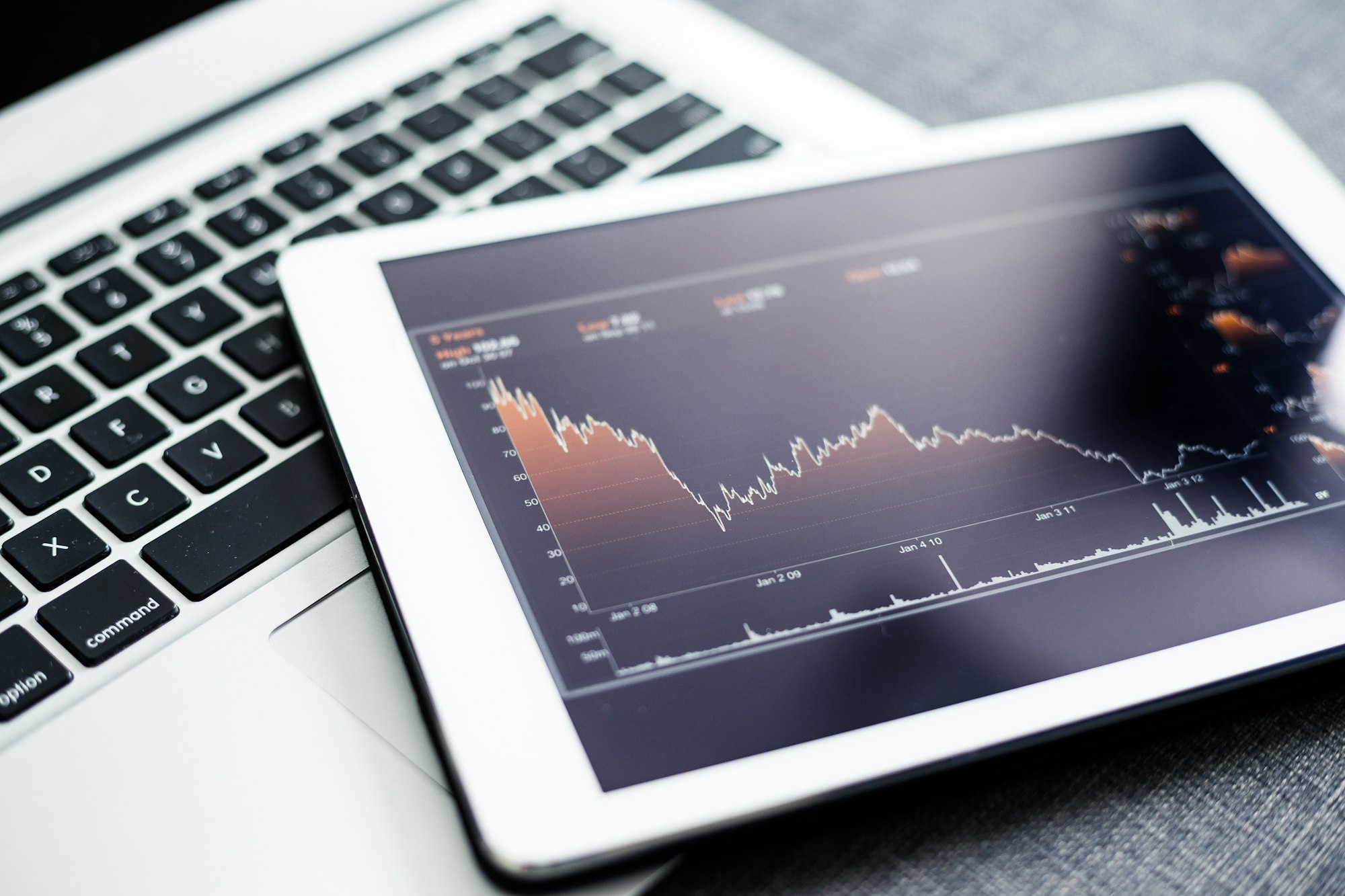The New Wave of Cyber Threats in Finance
AI Steps into Cyber Crime
In recent times, the finance world has seen a big jump in cyber threats, thanks to new AI tech. Crooks are now using AI to make very convincing fake audio and video clips to trick the systems that keep our financial data safe. Reports like Sumsub’s from 2023 show that these deepfake tricks have shot up by 700% in fintech alone.

Stepping Up to Fight Smart Threats
Banks and other financial companies are hustling to update their cyber security tactics to handle these smarter, AI-driven threats. The old security methods just aren’t cutting it anymore against these new AI tricks that keep changing to slip past defenses. It’s clear that the financial sector needs a big shift in how they protect their data and their customers.
AI: The New Hero in Cyber Defense
Bringing AI into the Security Mix
Big financial names, who are already spending lots on tech, are now betting on AI to up their security game. They’ve been using AI and machine learning for years to spot weird transaction patterns and stop fraud. Now, using AI is key to fighting off complex cyber attacks as they happen.
The Flip Side: New Risks
But, using AI isn’t all smooth sailing. It brings its own set of risks, like data poisoning—when bad data is fed into AI, messing up its decisions. Financial companies have to be really careful about these new problems to make the most out of AI in cyber security.
From Mastercard to Real-Time Defense: AI in Action
Mastercard Leads with AI
Mastercard is at the forefront with its AI tools that help spot fraud faster and better across its network. Their latest AI system has even cut down false alarms by over 85%, showing just how much AI can change things for the better in keeping financial dealings safe.
Watching Over IT with AI
Companies like FBD Insurance are using AI to watch over their IT security like never before, checking thousands of events every second. This lets them catch and respond to threats right away, instead of finding out after the damage is done.
What’s Next for AI in Cyber Security?
AI Keeps Getting Better
AI is always improving, and that’s crucial for cyber security in finance. Banks need to keep their AI tools sharp and ready to face smarter criminal tactics.
Hunting for AI-Savvy Security Pros
There’s a big demand for folks who know both AI and cyber security, but there aren’t enough of them around. Financial companies need to invest in training and come up with new ways to attract the right talent.
Check out how AI is reshaping the way we manage cyber risks in finance, from boosting security to facing new challenges and what the future holds.

Frequently Asked Questions
1. Why is AI becoming so important in fighting cyber threats in finance?
AI is stepping up as a game changer because the kind of threats we’re seeing are getting really clever and tricky. Traditional security methods aren’t enough anymore since these threats evolve constantly and can adapt quickly to get past older systems. AI helps by learning from these patterns and can react in real-time, making it a critical ally in keeping our financial data safe.
2. What are some risks of using AI in cyber security?
Even though AI can be super helpful, it’s not without its problems. One big issue is data poisoning, where bad data is fed into the AI systems on purpose to throw off their decision-making. This can make AI make wrong choices about what’s a threat and what’s not. Financial institutions have to be very careful and keep a close eye on their AI systems to make sure they’re not being tampered with.
3. How can the finance sector overcome the shortage of AI and cybersecurity experts?
Right now, there just aren’t enough experts to go around, and that’s a big challenge. Finance companies can tackle this by investing in training programs to grow their own experts from within. They can also look into new ways to recruit, like partnering with universities or offering internships and apprenticeships that attract fresh talent who are eager to dive into the AI and cybersecurity fields.
Sources Financial Times


